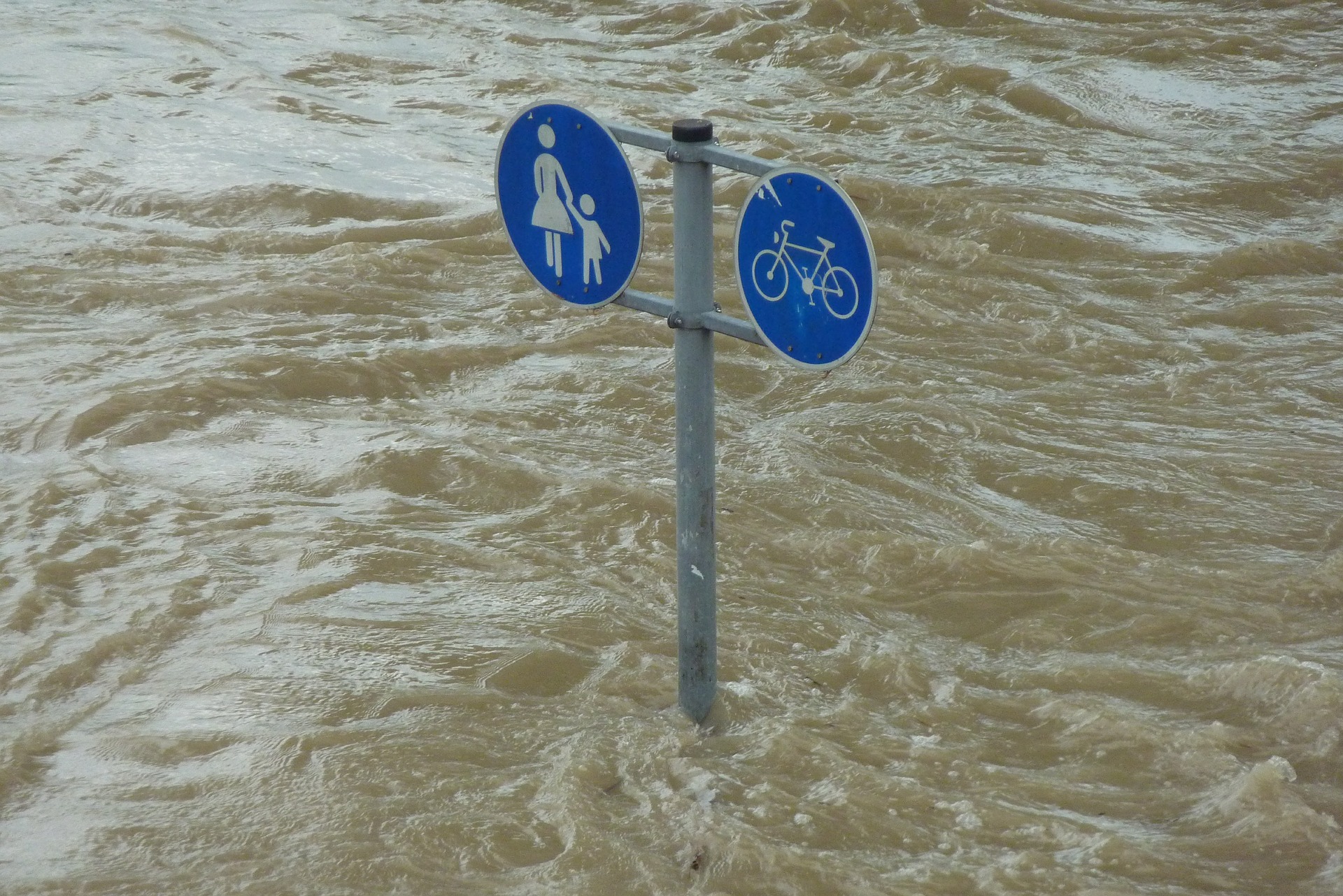PHX Perspectives | December 6th, 2018
The 24th Conference of the Parties (COP) of the United Nations framework convention on climate change kicked off in Katowice Poland this week. This comes on the heels of a new report from the Intergovernmental Panel on Climate Change (IPCC) showing that drastic emission reductions will need to begin over the next decade in order to achieve the target of 1.5 °C additional warming1. The time to act is now, and the hope is that COP 24 will finalize a transparent set of rules to track greenhouse gas emission reductions that will be needed to achieve this ambitious goal.

In the meantime, we are already seeing the impacts of climate change throughout the world, including more and longer droughts, heatwaves, hurricanes, and wildfires. This creates an imperative for developing and funding adaptation strategies concurrently with mitigation of greenhouse gases.
While decisions are being made at the global scale, both the impacts, and the solutions, will mostly occur at the local level. The changing climate is already being shown to impact urban populations, where the urban heat-island can exacerbate even small increases in global temperatures. In recent years, faculty and students in the department of environmental health at BUSPH have investigated the health effects of heat exposures in multiple cities across the world (including Beijing2, Boston, New York City3, and Seoul4, 5). Insights from these studies inform climate adaptation planning, including identifying characteristics of buildings and the urban environment that contribute or mitigate heat-islands, as well as identifying population groups most vulnerable to the effects of heat exposures. These studies are important at the local scale to provide data-driven evidence for urban planners to use in developing adaptation strategies and resiliency solutions. Department faculty are also working on solutions to climate change, collaborating with others at BU and the city of Boston to chart the pathway to a carbon free Boston by 2050. The new BU Urban Climate Research Initiative, co-led by EH professor Patrick Kinney, is spearheading these efforts. Cities6 and universities7, 8 are not waiting for global action and instead are taking on the challenges of preparing for the impacts of a changing climate, and implementing solutions. Regardless of the outcome of the global meeting in Poland, grassroots partnerships between local academic, government, and private sector actors will be critical to continue leading change.
The PHX Perspectives blog is a platform that creates an opportunity to share public health stories and viewpoints. Anyone interested in submitting a piece, which should be 600-800 words long, should contact phx@bu.edu. Population Health Exchange reserves the right to reject or edit submissions. The views expressed are solely those of the author and are not intended to represent the views of Population Health Exchange or Boston University School of Public Health.
References
1Global warming must not exceed 1.5°C warns landmark UN report
2Li T, Horton RM, Bader DA, Liu F, Sun Q, Kinney PL. Long-term projections of temperature-related mortality risks for ischemic stroke, hemorrhagic stroke, and acute ischemic heart disease under changing climate in Beijing, China. Environ Int. 2018 Mar;112:1-9. doi: 10.1016/j.envint.2017.12.006.
3Petkova EP, Vink JK, Horton RM, Gasparrini A, Bader DA, Francis JD, Kinney PL. Towards More Comprehensive Projections of Urban Heat-Related Mortality: Estimates for New York City under Multiple Population, Adaptation, and Climate Scenarios. Environ Health Perspect. 2017 Jan;125(1):47-55. doi: 10.1289/EHP166.
4Son JY1, Lane KJ1, Lee JT2, Bell ML3. Urban vegetation and heat-related mortality in Seoul, Korea. Environ Res. 2016 Nov;151:728-733. doi: 10.1016/j.envres.2016.09.001. Epub 2016 Sep 17.
5Son JY, Lee JT, Lane KJ, Bell ML. Impacts of high temperature on adverse birth outcomes in Seoul, Korea: Disparities by individual- and community-level characteristics. Environmental Research, Volume 168, January 2019, Pages 460-466.

